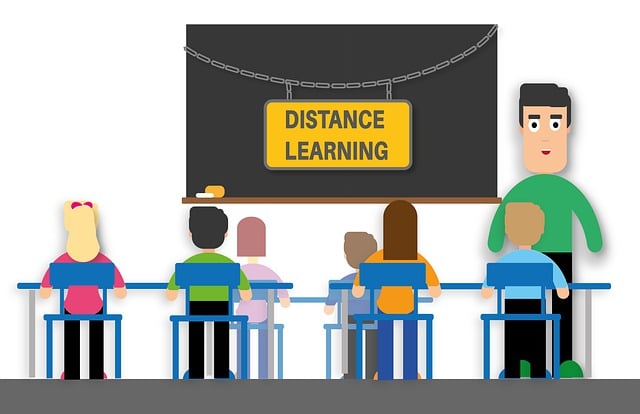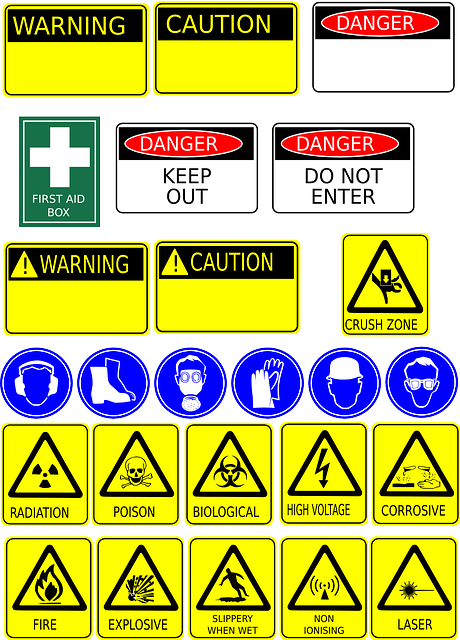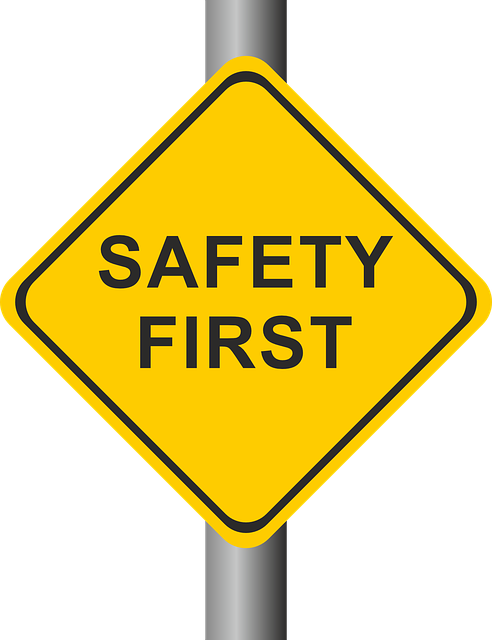In response to growing safety concerns, schools are prioritizing school compliance screening through rigorous background checks for employees, volunteers, and parents. This proactive approach aims to verify identities and past records, fostering transparency and accountability while ensuring student well-being. In the digital era, robust school compliance screening processes are essential for establishing trust and maintaining a secure learning environment by identifying and mitigating risks related to violence or substance abuse. Legal duties compel educational institutions to conduct these checks, streamlining processes with automated platforms to enhance accuracy and speed while navigating complex regulations through expert partnerships.
In today’s digital era, ensuring trust within the education industry is more vital than ever. As institutions face increasing regulatory pressures and safety concerns, background checks have emerged as a critical tool for fostering an environment of security and integrity. This article explores the rising need for comprehensive school compliance screening, highlighting its role in enhancing trust, protecting students and staff, and adhering to legal obligations. We delve into efficient screening processes and present successful implementation strategies through case studies.
- The Rising Need for School Compliance Screening
- Enhancing Trust through Thorough Background Checks
- Protecting Students and Staff Safety
- Legal Obligations and Educational Institutions
- Efficient Screening Processes: Best Practices
- Case Studies: Successful Implementation Strategies
The Rising Need for School Compliance Screening

In recent years, the educational sector has faced increasing scrutiny regarding the safety and security of students and staff within schools. This shift in focus on school compliance screening is largely driven by a growing awareness of potential risks, from unauthorized individuals gaining access to sensitive areas to safeguarding students from internal and external threats. As such, there’s an urgent need for comprehensive background checks to ensure the well-being of everyone in the learning environment.
The rising incidence of security breaches and concerns over child welfare have prompted educational institutions to implement stricter measures. Effective school compliance screening involves verifying the identities and past records of employees, volunteers, and even parents, ensuring they meet the necessary criteria for unsupervised access to students and institutional data. This proactive approach fosters an environment where trust is built on a solid foundation of transparency and accountability.
Enhancing Trust through Thorough Background Checks

In the education industry, fostering trust is paramount to creating a safe and nurturing environment for students. One of the most effective ways to enhance this trust is through comprehensive background checks. These screenings play a pivotal role in ensuring the well-being of students by verifying the integrity and suitability of staff and faculty members. By implementing rigorous school compliance screening processes, educational institutions can proactively identify and mitigate potential risks, thereby safeguarding their communities.
Thorough background checks provide a layer of protection against individuals with questionable histories or malicious intentions. It enables schools to make informed decisions about hiring, promoting, or granting access to sensitive areas. This proactive approach not only ensures legal compliance but also fosters a culture of transparency and accountability. As a result, educators can focus on teaching and mentoring, knowing that the institution’s commitment to safety is unwavering.
Protecting Students and Staff Safety

In today’s digital era, ensuring student and staff safety within educational institutions is more critical than ever before. Background checks play a pivotal role in establishing trust and fostering a secure learning environment. By implementing robust school compliance screening processes, schools can mitigate potential risks and protect their communities. These screenings help identify individuals with a history of violence, substance abuse, or other concerning behaviors, ensuring they do not gain access to vulnerable populations.
Comprehensive background checks are a game-changer in navigating the complex landscape of education safety. They provide insights into an individual’s past, enabling educational facilities to make informed decisions. This proactive approach allows schools to create robust safety protocols and maintain a harmonious tapestry of learning and security. Thus, school compliance screening is not just a measure but a vital tool to safeguard students and staff, fostering a peaceful and conducive atmosphere for education.
Legal Obligations and Educational Institutions

Educational institutions have a legal obligation to conduct thorough background checks as part of their school compliance screening processes. This is not just a matter of policy but a requirement set by law to ensure the safety and security of students, staff, and faculty. With an increasing focus on safeguarding children and young adults in learning environments, schools must adhere to strict protocols when verifying the backgrounds of individuals seeking employment or volunteer positions within their communities.
Background checks play a pivotal role in maintaining trust and fostering a secure atmosphere in educational settings. By employing comprehensive school compliance screening methods, institutions can mitigate potential risks associated with unvetted personnel. This includes protecting students from abusive or inappropriate behavior, preventing unauthorized access to sensitive information, and ensuring that those involved in the education process are reliable and trustworthy.
Efficient Screening Processes: Best Practices

In the education industry, establishing trust is paramount, and one of the cornerstone methods to achieve this is through robust background checks and school compliance screening processes. These procedures play a vital role in ensuring that schools, educators, and staff members are suitable and trustworthy. Efficient screening involves comprehensive data collection and thorough verification to uncover any potential red flags. Best practices include utilizing multiple data sources such as criminal records databases, educational institutions, and previous employers for a 360-degree view of applicants’ backgrounds.
Implementing technology like automated background check platforms can streamline the process, improving accuracy and speed. These systems allow for real-time data validation, reducing human error and the potential for costly mistakes. Additionally, maintaining up-to-date policies and procedures is essential to staying compliant with legal requirements and industry standards, fostering a safe and secure learning environment.
Case Studies: Successful Implementation Strategies

Successful implementation strategies for background checks in schools often involve a multi-faceted approach, tailored to meet the unique needs and challenges of each educational institution. Case studies highlight several key elements that contribute to effective school compliance screening programs. One prominent strategy is the adoption of digital platforms designed specifically for education, offering streamlined processes and enhanced security measures. These tools not only simplify data management but also ensure adherence to legal requirements, enabling schools to conduct thorough checks efficiently.
Additionally, collaborative efforts between educational bodies and background check experts play a pivotal role in successful implementation. By seeking professional guidance, schools can navigate complex regulatory landscapes, ensuring their screening practices remain up-to-date and legally sound. This partnership approach fosters best practices, allowing for the establishment of robust systems that build trust within the education community while safeguarding its integrity.






